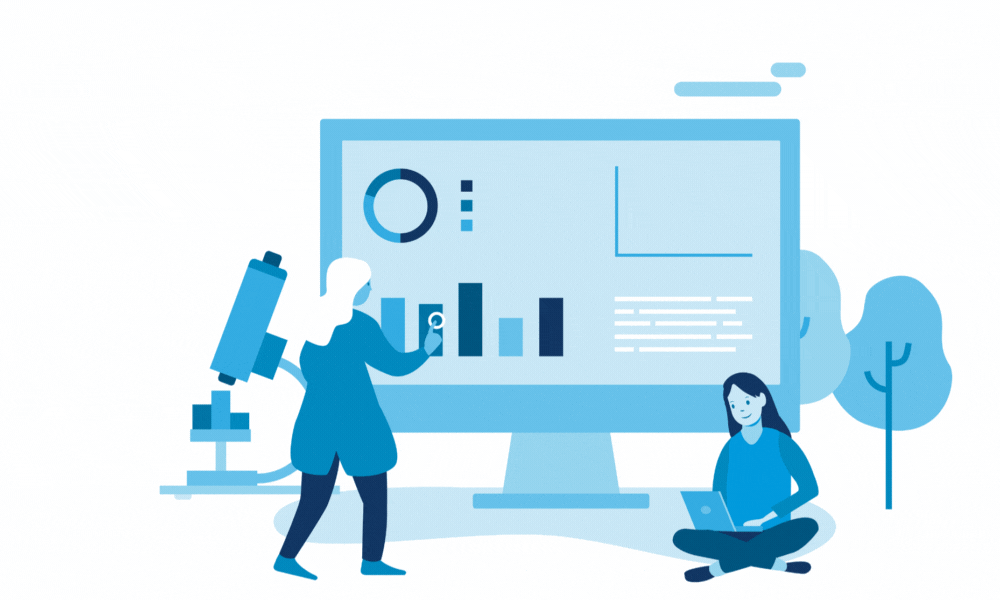Data Science
Using data methods and tools to support clients to grow their knowledge base and find solutions to complex challenges
Data is more than just numbers. It holds rich context about people’s lives and experiences. We strive to work with data in ways that are ethical, mana-enhancing and uplifting for communities.
Whether we’re building a dashboard or a complex operational algorithm, our data science team ensures that what we deliver is simple to use, implement and maintain. About two thirds of our team are women and about one third whakapapa Māori, which makes the way we approach data unique.
Data Science Services
-
Statistical analysis is useful for testing hypotheses about populations of interest that are represented in data. We uncover patterns and trends in both structured and unstructured datasets and convert them into meaningful information and insights.
-
We build simple, striking data visualisations and interactive dashboards to make data accessible, understandable and useful for more people.
-
Stats NZ’s Integrated Data Infrastructure (IDI) facilitates access to microdata that helps us to tackle questions that have previously been unanswered. We are well equipped with IDI-qualified data scientists who have years of experience.
-
Operational algorithms do the work of identifying whether a decision is low-risk and predictable or high-risk and more complex. We use operational algorithms to automate data-driven decisions, often at the individual level. We’ve built large scale operational algorithms and are experts at building them to adhere to the standards and requirements of Stats NZ’s algorithm charter for Aotearoa New Zealand.
-
We use data analysis to understand different datasets and craft powerful questions to uncover key insights that support decision-making and direction. With the help of tools like Python, R, SQL, SAS and Excel, our analysts clean, aggregate and manipulate datasets to discover patterns, trends and insights.
-
We use machine learning methods to solve complex problems. Machine learning methods allow us to uncover useful information and find insightful themes in large and often messy datasets.
-
Make predictions about the future based on historical data using statistical and machine learning models. Amongst other things, this could include forecasting prevalence or workforce management.
-
There is great benefit and efficiency in using computers to process large amounts of text information. We are experienced at using text analysis methods to uncover information and themes in large text-based datasets (learn more here). The use of computers is balanced with human input regarding developing the themes and the interpretation of outputs.
-
How does a ‘business as usual’ future compare with various counterfactual ‘what-if’ scenarios? Simulation and scenario modelling methods help with exploring, de-risking and testing future scenarios to inform smart decision-making.
-
We build and run code using statistical programming languages to build models, analyse and visualise data.
-
We develop and deliver courses in advanced statistical analysis, machine learning and predictive modelling in a range of different data science languages to upskill teams. Get in touch to discuss your specific needs.
Whether working on a summary table or an automated decision making algorithm, simplicity and understanding real world context drive positive data science outcomes.
“
Dr. Todd Nicholson
Data Science Service Lead

Check out our mahi:
We're here to make data simple and effective
Let’s make a difference together.











